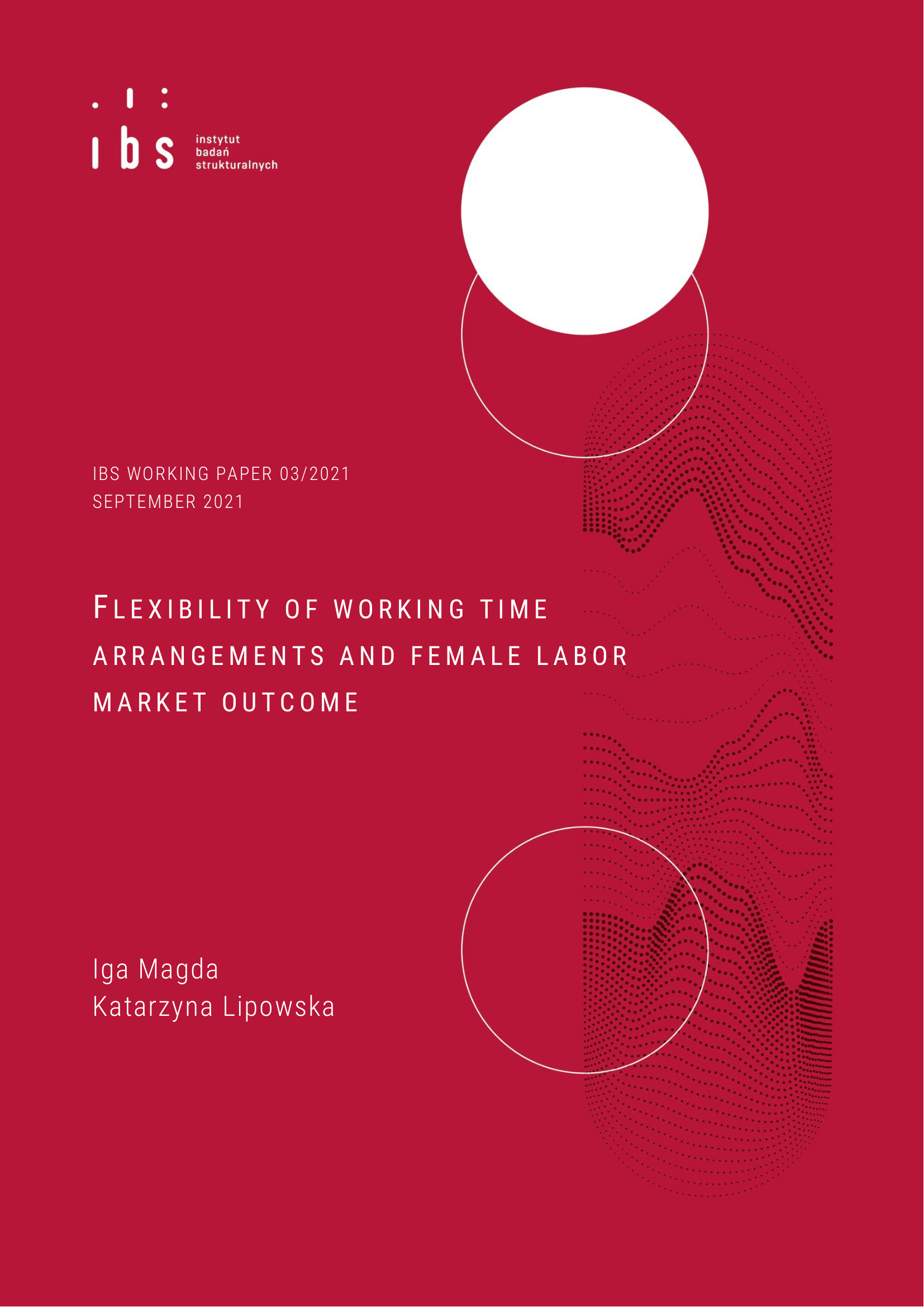We use data from 2019 EU LFS to study gender and parenthood gaps in flexibility in working time arrangements. We find that overall in Europe, there is no statistically significant gender difference in access to flexible work arrangements. However, women are less likely than men to have flexible working hours in the Central-Eastern and Southern European countries. This gender gap is reversed in Continental Europe. Also, women are less likely to face demands from their employers that they work flexible hours. Both mothers and fathers are more likely than their childless colleagues to have access to flexible working hours, but fathers’ workplaces are more likely than mothers’ workplaces to demand temporal flexibility from employees. In addition, working in a female-dominated occupation decreases the probability of having access to flexible work arrangements, and this effect is stronger for women than for men. Both men and women who work in female-dominated occupations are less exposed to flexibility demands from employers than their counterparts who work in other occupations. Finally, compared to employers in other European countries, employers in the Central-Eastern European countries are less likely to offer flexible working hours, especially to women and parents; whereas employers in Continental and Nordic countries are more likely to offer flexible work arrangements, and with no gender gap.

This paper was prepared within a project financed by the National Science Centre, Poland, project no. UMO-2017/27/B/HS4/01201. This paper uses Eurostat data. Eurostat bears no responsibility for the results and the conclusions, which are those of the authors. The usual disclaimers apply. All errors are ours.

